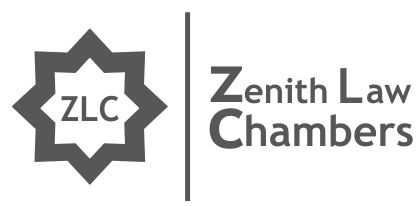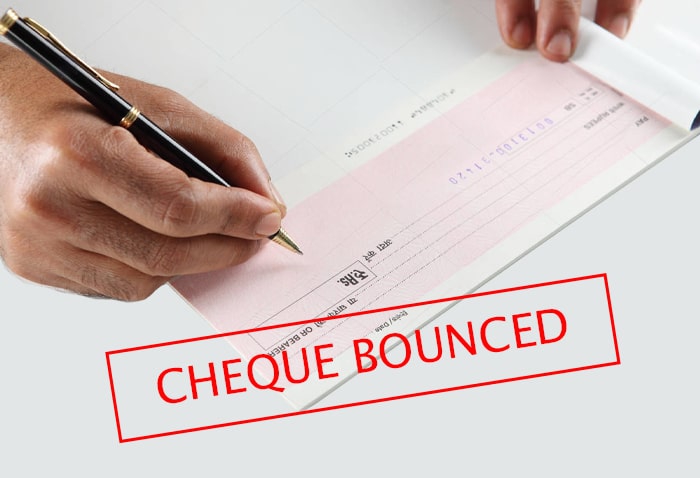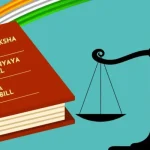In the case of K. Hymavathi v. State of Andhra Pradesh & Anr. [Criminal Appeal No. of 2023 (Arising out of SLP (CH) No. 7455 of 2019)], the Appellant gave a loan to Respondent No. 2, wherein for surety of re- payment and the Respondent No. 2 consequently executed a promissory note. There was a duration set for the repayment of the loan; however, Respondent No.2 failed to repay the loan and issued a cheque in favour of the Appellant, but the cheque was dishonored due to insufficient funds. The Appellant sent a legal notice to Respondent No. 2, In reply the Respondent No.2 sent the reply of the legal notice to the Appellant. The Appellant filed a complaint under section 138 of the Negotiable Instrument Act, 1881 before Special Magistrate, Vishakhapatnam. The Special Magistrate took cognizance of the complaint and issued the summons. Respondent No.2 filed a petition before the Andhra Pradesh High Court under section 482 of the Criminal Procedure Code, 1973 for quashment of the proceedings. The High Court allowed the petition, aggrieved by this the Appellant filed an appeal before the Supreme Court.
he Supreme Court Observed that “It is crystal clear that this Court keeping in perspective the nature of the proceedings arising under the NI Act and also keeping in view that the cheque itself is a promise to pay even if the debt is barred by time has in that circumstance kept in view the provision contained in Section 25(3) of the Contract Act and has indicated that if the question as to whether the debt or liability being barred by limitation was an issue to be considered in such proceedings, the same is to be decided based on the evidence to be adduced by the parties since the question of limitation is a mixed question of law and fact. It is only in cases wherein an amount which is out and out non-recoverable, towards which a cheque is issued, dishonoured and for recovery of which a criminal action is initiated, the question of threshold jurisdiction will arise. In such cases, the Court exercising Jurisdiction under Section 482 CrPC will be justified in interfering but not otherwise. In that Light, this Court was of the view that entertaining a petition under Section 482 CrPC to quash the proceedings at the stage earlier to the evidence would not be justified.”
The presumption under Section 139 of the Negotiable Instrument Act, 1881 would not be accessible even when it was argued that the check was issued in respect of a debt that was not enforceable or an obligation that could not be collected. Thus, the Court observed that, “We do not see the need to tread that path to undertake an academic exercise on that aspect of the matter, since from the very facts involved in the case on hand ex facie it indicates that the claim which was made in the complaint before the Trial Court based on the cheque which was dishonoured cannot be construed as time-barred and as such it cannot be classified as a debt which was not legally recoverable.”
Further, the court noted that in the instant case not only the amount was a legally recoverable debt which is evident on the face of it, the complaint was also filed within time. “It is only in cases wherein an amount which is out and out non-recoverable, towards which a cheque is issued, dishonoured and for recovery of which a criminal action is initiated, the question of threshold jurisdiction will arise. In such cases, the Court exercising Jurisdiction under Section 482 CrPC will be justified in interfering but not otherwise.”
Therefore, the Supreme Court set aside the Andhra Pradesh High Court Judgment.










